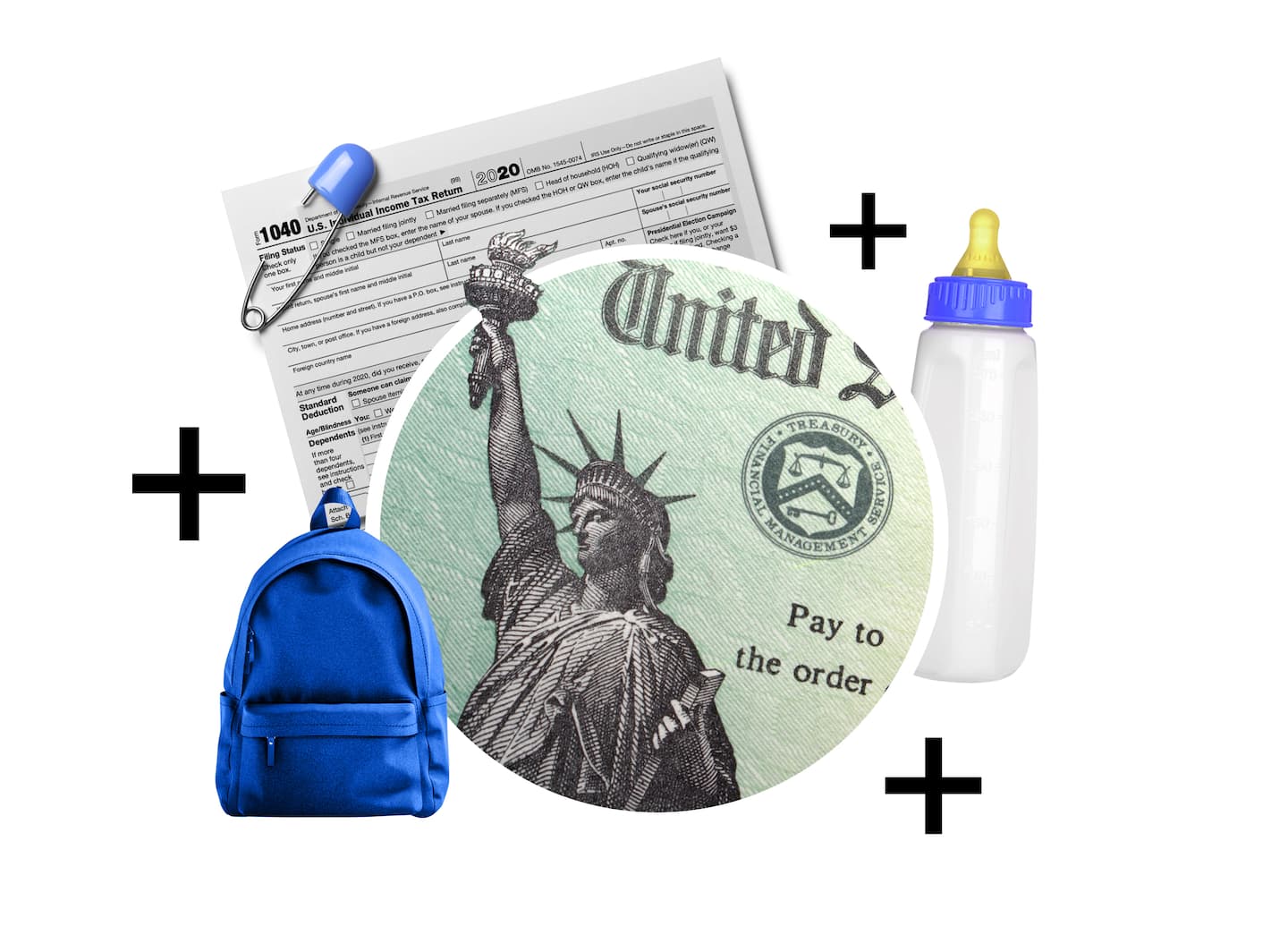Monthly child tax credit payments start hitting bank accounts this week. Here’s what you need to know if you’re eligible.

The last time families saw this big a hike in prices was in the summer of 2008, when the country was dealing with the Great Recession.
To help with the distribution of the payments, the IRS has developed some online tools that guide people in how to claim the money or estimate how much they should receive. You can find the tools at irs.gov. Look for the Child Tax Credit link on the homepage.
But, as with previous distributions connected to pandemic-related payments, you might have some questions. Here’s what you need to know about this massive undertaking by the IRS.
You can also join me for a live online discussion on July 14 with Ken Corbin, the IRS’s wage and investment commissioner and its chief taxpayer experience officer. He will be taking questions about the child tax credit payments.
Frequently Asked Questions
What are these payments exactly?
Under the American Rescue Plan, the child tax credit was expanded for the 2021 tax year to a total of $3,600 for children 5 and younger and $3,000 for those 6 through 17. The credit for qualifying children is fully refundable, which means that taxpayers can benefit even if they don’t have any earned income or don’t owe income taxes.
Parents of children 5 and under can receive up to $300 a month. For parents of children ages 6 through 17, it’s up to $250 a month.
Most people who are eligible won’t have to do anything to receive the money. The IRS will first look to see whether it has banking information from a 2020 tax return. It will then turn to your 2019 tax return, or information entered into the non-filer tool for stimulus payments on IRS.gov. The IRS also is using banking information from other federal agencies to deliver payments such as the Social Security Administration, Department of Veterans Affairs, or the Railroad Retirement Board.
What is the full schedule for the payments?
The scheduled direct deposit payments should be made on the following dates: July 15, Aug. 13 (This payment is scheduled two days early because the 15th falls on a Sunday), Sept. 15, Oct. 15, Nov. 15 and Dec. 15.
“With direct deposit, it’s always good to check with your bank to make sure there isn’t a delay, for some reason,” said IRS spokesman Eric Smith.
The advance payments will end in December. Families can claim any remaining credit on their 2021 tax returns, which are due next year.
Will the IRS be sending checks to qualified families?
Most families will get a direct deposit. If the IRS does not have current banking information for you, look for a check, but this will affect the delivery date of your payment.
What if I get a check for July? How can I switch to receiving the child tax credit electronically?
Use the Child Tax Credit Update Portal on IRS.gov. If your first payment is a check, you can sign up for a direct deposit by giving the IRS your banking information. If you want to later switch to a different account, you can do that, too.
If you need to change direct deposit information for next month, you’ll have to do it by Aug. 2.
Do I have to have earned income to get the child tax credit payments?
You may qualify for the monthly payments even if you aren’t working.
For the first time, a family with kids can get the child tax credit, and the advance payments, even if they have no earned income — that is, W-2 income as an employee, 1099 income as an independent contractor, or income from running a business or farm.
Can I qualify for payments if I’m homeless?
You don’t need a permanent home to get the payments or claim the credit. Be sure to file a return or use the non-filers tool so the IRS knows you are eligible.
Where it asks for an address, people experiencing homelessness may list the address of a friend, relative, or a community organization providing services such as a shelter, drop-in day center, or transitional housing program.
Someone called offering to help me apply for the child tax credit. Is this legit?
Here’s one thing to keep in mind. The IRS can’t even answer calls from people who phone the agency for assistance. So, no, the IRS isn’t calling people to tell them to register for a child tax credit payment.
The IRS has sent letters to inform people of the estimated amount of their payments. You can find a sample copy of the letter at irs.gov. Search for “Understanding Your Letter 6417.”
The agency is also working with community groups to help make sure people claim the credit. But that’s different from getting a text, email, or telephone call when you hadn’t sought help.
Do not, under any circumstances, respond to unsolicited assistance by anyone offering to sign you up for the child tax credit payments. You’ll know it’s a con if you’re asked to pay some kind of fee either in cash, wire transfer, or gift cards.
“The only way to get these payments is to file a return or register at IRS.gov,” Smith said. “Anything else is a scam.”






